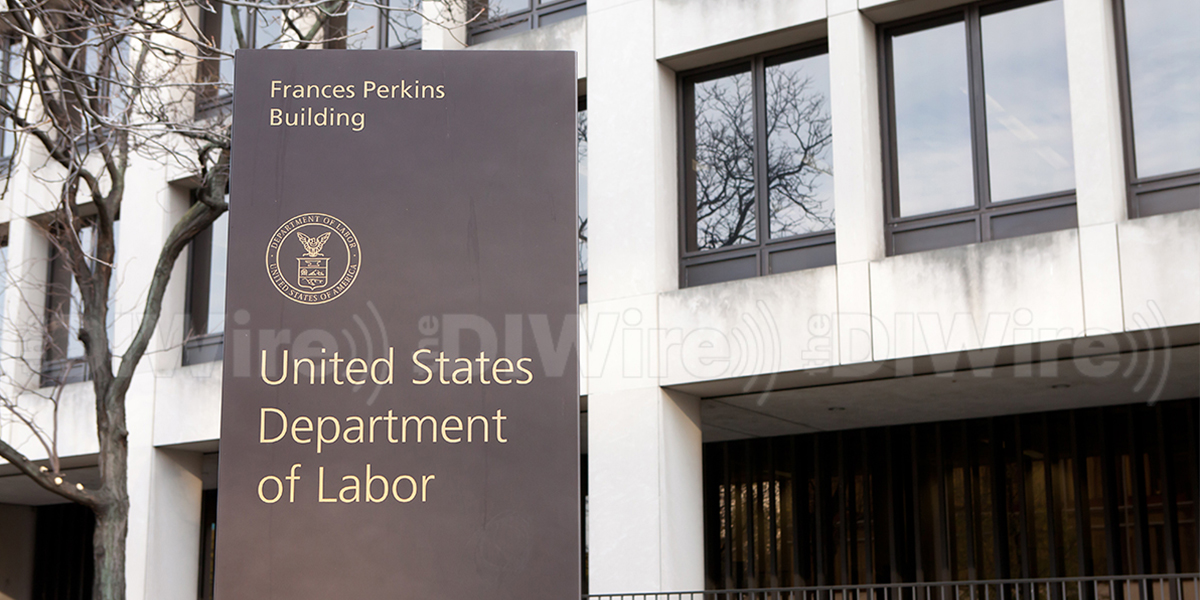Advocates React to DOL Final Retirement Security Rule

Yesterday the U.S. Department of Labor released its final Retirement Security Rule, aka the fiduciary rule, thereby expanding the types of advice that must meet a fiduciary standard.
According to the administration, the rule will “protect the millions of workers who are saving for retirement diligently and rely on advice from trusted professionals on how to invest their savings.” It updates the definition of an investment advice fiduciary under the Employee Retirement Income Security Act and the Internal Revenue Code.
The final rule and related amended prohibited transaction exemptions require investment advice providers to give “prudent, loyal, honest advice free from overcharges.” Fiduciaries must adhere to high standards when they recommend investments and avoid recommendations that favor the investment advice providers’ interests – financial or otherwise – at the retirement savers’ expense. Under the final rule and amended exemptions, financial institutions overseeing investment advice providers must have policies and procedures to manage conflicts of interest and ensure providers follow these guidelines.
The updated definition of an investment advice fiduciary, which takes effect on Sept. 23, 2024, applies when trusted financial services providers give compensated investment advice to retirement plan participants, individual retirement account owners, and plan officials responsible for administering plans and managing assets.
Recent analysis of one investment product by the Council of Economic Advisers suggests that conflicted advice could cost savers up to $5 billion per year, reducing retirement investors’ returns and increasing costs that chip away at savings.
The rule is also intended to ensure that investment professionals can compete for business on a level playing field, instead of being hindered by a skewed system in which different standards exist for advice providers based on the products they recommend.
Over the months since the rule’s proposal in fall 2023, advocates for fiduciary investment advice like the Institute for the Fiduciary Standard and the CFP Board came out in favor of the rule. Others such as the Investment Adviser Association were largely supportive.
However, advocacy groups such as the Financial Services Institute and Insured Retirement Institute were quick to react to the news. Both have long expressed concern about the consequences of the rule and the subsequent, hastened regulatory process that transpired for DOL’s “Retirement Security Rule: Definition of an Investment Advice Fiduciary.”
“Our members already adhere to an extensive regulatory regime, including the U.S. Securities and Exchange Commission’s Regulation Best Interest, and the DOL’s existing PTE 2020-02,” said Dale Brown, FSI president and chief executive officer. “We are concerned that the new rule will limit retirement savers’ access to professional financial advice, products and services offered by independent financial advisers and firms and create a more complicated, burdensome and costly regulatory environment.”
“Based on our preliminary review, in issuing this unnecessary and redundant rule, DOL disregarded data showing how millions of lower- and middle-income consumers will be deprived of access to affordable retirement planning assistance,” said Wayne Chopus, IRI president and CEO. “This rule is the product of a severely flawed rulemaking process and defies applicable judicial precedent and the limitations on DOL’s rulemaking authority as established by Congress.”
The DOL unsuccessfully proposed similar fiduciary rules in 2010 and 2016. According to a 2017 Deloitte study, the 2016 rule caused 10.2 million retirement account holders who collectively held $900 million in savings to lose access to their financial professionals.
The U.S. Court of Appeals for the Fifth Circuit vacated the 2016 rule in 2018, stating in an opinion that it strayed too far from the common-law definition of the term fiduciary, which turns on the existence of a relationship of “trust and confidence” with the client and does not extend to those who merely sell products to their clients.
Earlier this year, in partnership with FSI, Oxford Economics analyzed the potential impact of the then-proposed rule. It determined it would cost $2.7 billion in the first year – 11 times DOL’s estimate, and then $2.5 billion in subsequent annual costs.
Advocacy groups against the new rule say they will fight next steps. Although the Federal Register will publish the final rule and amended prohibited transaction exemptions on April 25, 2024, IRI said it will support a Congressional Review Act resolution to reject the DOL regulation.
A CRA allows Congress to disapprove a regulation – meaning it would have no further force and effect – within a specified period after a rule is final. The House and Senate must each pass the measure, and the president must sign it.

